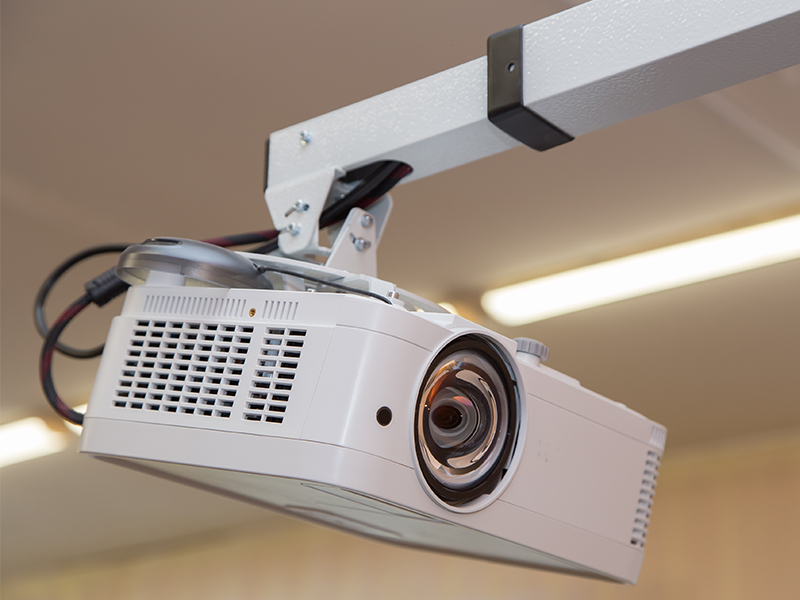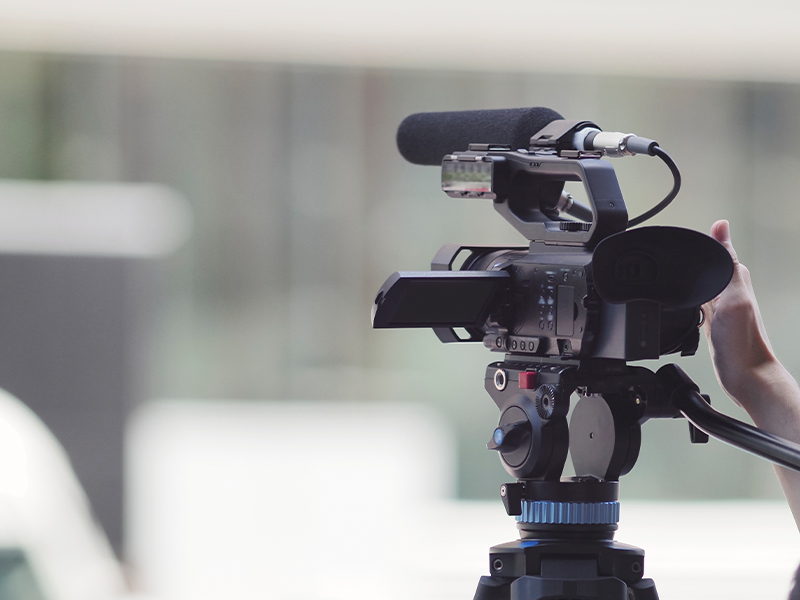In the dynamic landscape of legal proceedings, effective trial presentations have become increasingly reliant on state-of-the-art audiovisual equipment. Traditionally, legal professionals faced the dilemma of whether to invest in purchasing and maintaining their presentation equipment or explore the more pragmatic option of renting. This article explores the compelling reasons why renting trial presentation equipment proves to be a more efficient and effective approach compared to ownership, particularly considering the financial, logistical, and strategic aspects of trial preparation.
Cost-Effective Solutions
One of the primary advantages of renting trial presentation equipment is the immediate cost savings it offers to legal professionals and law firms. The initial investment required for purchasing high-quality audiovisual equipment, including projectors, screens, and sound systems, can be substantial. By opting to rent, legal teams can avoid this significant upfront expense and allocate resources more efficiently.
Moreover, technology evolves rapidly, and owning equipment may result in the need for frequent upgrades to stay current. Renting allows legal professionals to access the latest and most advanced equipment without the burden of long-term investments. This flexibility ensures that trial presentations are consistently powered by cutting-edge technology without incurring additional costs for equipment upgrades.
Covering Costs, Maintenance, and Upgrades
Renting trial presentation equipment shifts the responsibility of covering costs, maintenance, and upgrades from the legal team to the rental service provider. Rental agreements typically include comprehensive services, such as regular maintenance, troubleshooting, and equipment replacement if necessary. This arrangement eliminates the need for legal professionals to invest time and resources in maintaining and repairing their equipment, allowing them to focus on the strategic aspects of case preparation.
In addition, the burden of keeping up with technological advancements falls on the rental service provider. As new and improved equipment becomes available, legal professionals can seamlessly upgrade their audiovisual arsenal without worrying about disposing of outdated equipment. This ensures that trial presentations are consistently enhanced with the latest technology, contributing to a professional and polished image in the courtroom.
Logistical Convenience: Set Up, Break Down, and Transport
Renting trial presentation equipment provides a significant logistical advantage in terms of set up, break down, and transportation. When owning equipment, legal professionals must navigate the complexities of transportation, handling, and assembly. This often involves hiring additional personnel and investing in specialized storage solutions for bulky and delicate equipment.
On the contrary, rental service providers typically offer end-to-end solutions that encompass the setup, break down, and transportation of the equipment. Skilled technicians employed by the rental service ensure that the audiovisual components are assembled and configured to perfection, minimizing the risk of technical glitches during crucial trial moments.
This logistical convenience is particularly advantageous when legal teams are required to travel for out-of-town hearings or trials. Renting eliminates the logistical challenges associated with transporting bulky equipment, allowing legal professionals to focus on case strategy rather than the intricacies of equipment handling.
Flexibility in Case-by-Case Needs
Legal cases vary in complexity, duration, and the nature of evidence that needs to be presented. Renting trial presentation equipment provides legal professionals with the flexibility to tailor their audiovisual setup to the specific requirements of each case. Different cases may demand varied equipment configurations, and rental service providers can offer customized solutions based on the unique needs of the trial.
For instance, a high-profile corporate trial may require large screens, advanced sound systems, and interactive presentation tools, while a smaller hearing may only necessitate basic audiovisual equipment. Renting allows legal professionals to scale their technological requirements without the constraints of ownership, ensuring that resources are allocated efficiently based on the demands of each case.
Risk Mitigation and Adaptability
The legal landscape is inherently unpredictable, and unforeseen circumstances can pose challenges during trial presentations. Equipment failure, last-minute changes in venue, or unexpected technical issues can jeopardize the effectiveness of a presentation. Renting trial presentation equipment provides a level of risk mitigation and adaptability that ownership cannot match.
Rental service providers often include backup equipment and technical support as part of their offerings. In the event of unforeseen issues, legal professionals can rely on the expertise of the rental team to swiftly address and resolve any challenges. This adaptability is a crucial asset in the fast-paced and high-stakes environment of legal proceedings.
The strategic choice of renting trial presentation equipment proves to be a more efficient and effective approach for legal professionals seeking cost-effective, technologically advanced, and flexible solutions. By opting for rental services, legal teams can shift the financial burden, maintenance responsibilities, and logistical complexities associated with audiovisual equipment to dedicated service providers. This allows legal professionals to focus on their core competencies – strategic case preparation and effective courtroom advocacy – while ensuring that trial presentations are consistently enhanced by cutting-edge technology. As the legal field continues to evolve, the pragmatic decision to rent trial presentation equipment stands as a testament to the industry’s adaptability and commitment to leveraging the most effective tools available.





